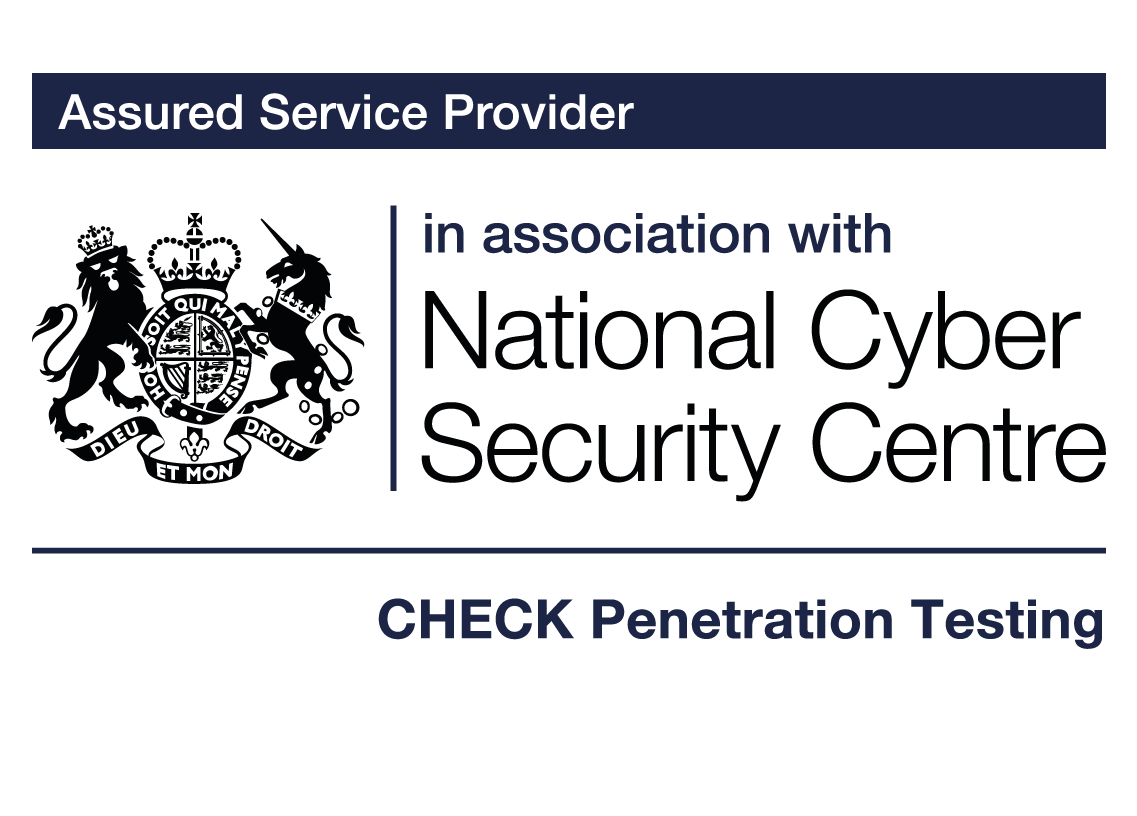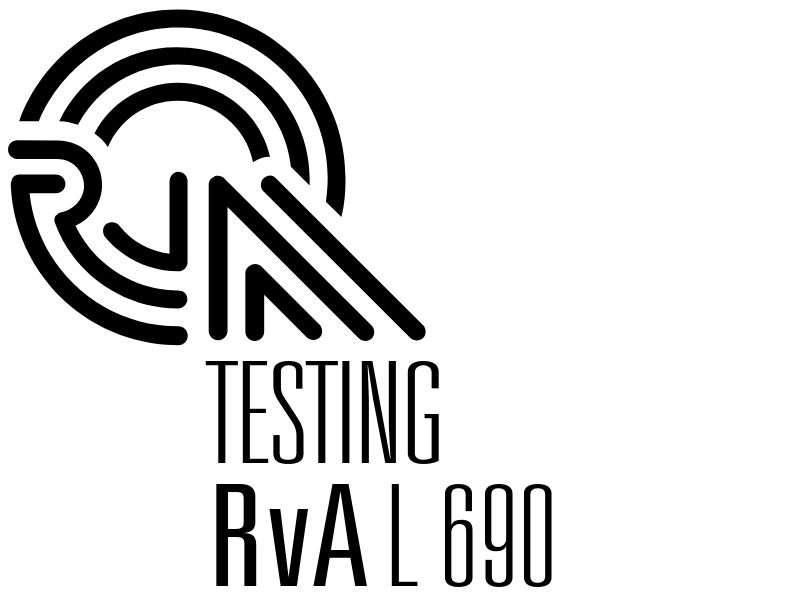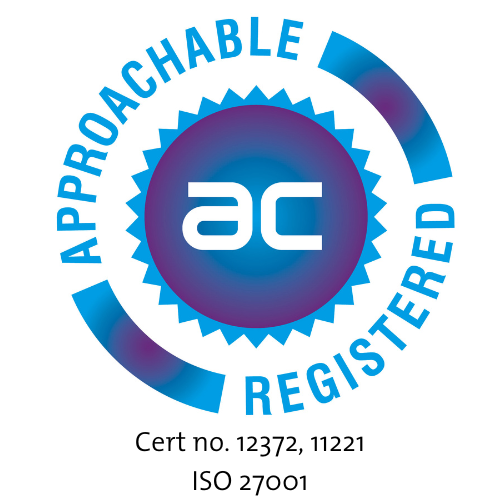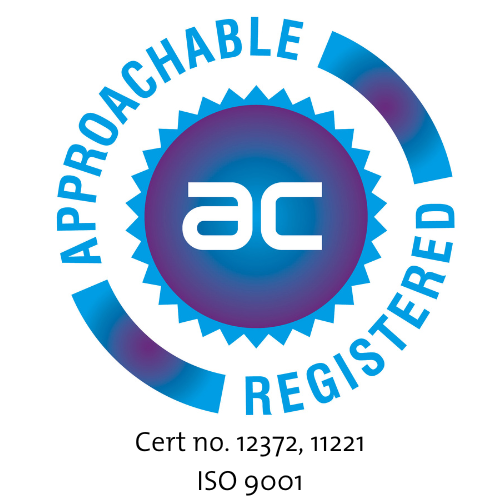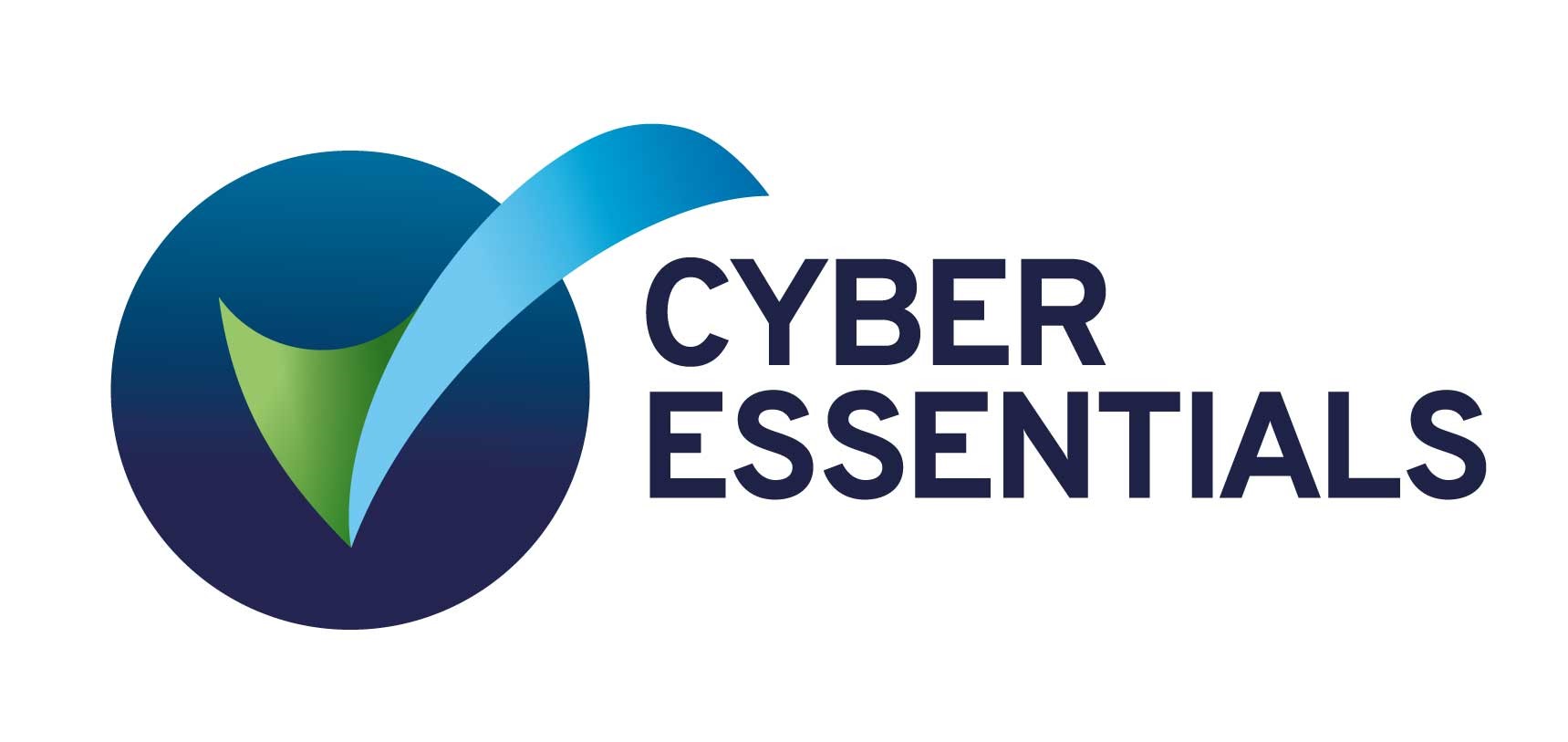7 key steps to a positive supplier relationship
by Rich Mort
Baking in Success – Choosing the right partner for digital transformation success
In the fast-paced world of digital transformation, organisations face an array of challenges ranging from cultural shifts to technological advancements. One strategy to navigate this complex landscape is to leverage external supplier expertise, but the key lies in choosing the right partners. In collaboration with one of our clients, Griffiths Waite, we delved into the detail of how to select the right IT service suppliers to ensure the success of digital transformation programs.
The ingredients of a good supplier
A supplier should act as a partner, not merely a service provider. It’s crucial that they understand the client’s business and technology, and their current and future needs. Flexibility is another vital attribute, allowing the supplier-client relationship to evolve around the client’s culture and business objectives. A successful supplier introduces innovation, expertise, experience, and best practices, enhancing the client’s capabilities.
In our recent webinar we looked at an example where a financial services client faced challenges due to a supplier’s failure to understand the legacy system and organisational nuances. A good supplier is an integral member of the client’s team, focusing on the present while envisioning the future.
7 key steps to a positive supplier relationship
A successful supplier/client partnership relies on various factors, often referred to as “supplier hygiene factors.” The Institute of Customer Service picks out the seven key elements that drive a positive relationship:
- Mastering the basics
As client expectations soar, the basics become all the more important. These ‘hygiene factors’ are at the root of operational effectiveness. Poor delivery can significantly impact client satisfaction and subsequent buying behaviour. Suppliers must continuously seek ways to make themselves more accessible, improve services, and respond swiftly to customer complaints.
- Multi-channel interaction
A good supplier understands the client’s preferred communication methods. This means having a flexible yet structured communication policy, addressing issues like meeting preferences, frequency, escalation processes, and ensuring a shared understanding of each issue or action.
- Building emotional engagement
Understanding and predicting what your client is thinking and feeling is becoming central to supplier strategies. Suppliers need to measure trust, the ability to meet client needs, and collaboration capacity. A forward-thinking supplier should be looking to get ahead of the game by fostering an emotional connection with their clients.
- Empowering invested employees
Good client experiences hinge on having empowered employees who can make autonomous decisions, especially in challenging situations. These employees act as a key differentiator. So there is definitely a need to invest in your workforce in order to set yourself apart from the competition.
- Navigating the data landscape
Suppliers must take advantage of multiple data sources, harness big data, and assess the importance of experiences across different channels. This data-centric approach ensures supplier services remain relevant and support future demands.
- Innovation takes centre stage
Innovation becomes a key differentiator as clients’ needs evolve, new technological opportunities arise, and competition intensifies. Suppliers must accelerate their innovation capabilities, identifying ways to test, pilot, and measure the impact of new initiatives. These innovations become a supplier’s ‘gemstones,’ helping them to stand out in the marketplace.
- Cultivating partnership and collaboration
Continuous collaboration is a key hygiene factor. Suppliers and clients must work as a one team, fostering collaboration at every contact point throughout the partnership’s lifecycle. Working seamlessly together ensures the success of the digital transformation journey.
Keeping your partnership vibrant
Crafting the ideal supplier-client partnership requires several key components. Essential elements include on-time delivery, a proven commitment to promises, a clear view of where value is being added, alongside effective collaborative working.
Initial Proof of Concepts (POCs) and demos are recommended to showcase the supplier’s problem-solving prowess. Rather than being confined by tenders, joint workshops can provide a more flexible demonstration of supplier capabilities.
To build strong, two-way trust, honesty, integrity, and positive interaction are needed. Achieving mutual trust involves both the supplier and client consistently delivering on promises. Joint goals facilitate this process, making room for transparent conversations, even when challenges arise.
Keeping the partnership vibrant involves maintaining energy and a shared focus on goals. Regular progress updates, shared statistics, collaborative problem-solving, and exploring new technologies contribute to ongoing success. A proactive supplier actively seeks innovations, showcases technologies, and hosts events to keep the relationship fresh.
In cases where the partnership faces challenges, a root cause analysis is the best course of action. Addressing problems together through strategic planning is crucial.
Despite remote working challenges, face-to-face interactions during service launch and continuous touchpoints are useful. Online platforms like MS Teams can foster team spirit, and joint sessions can enhance understanding between the supplier and client disciplines. Celebrating shared goals, even remotely, contributes to shared success.
Overall conclusion
Choosing external partners for digital transformation is indeed a challenge, but a structured approach focused on communication, cooperation, a can-do attitude, and technical expertise can transform a good outcome into a great one. The journey toward digital transformation becomes smoother and more rewarding with the right blend of external support and internal commitment.
Take a look at our digital transformation web page for more insight into how we can support you through your testing and quality assurance journey and can accelerate your time to market, leveraging tools, people, and expertise.
Contact our team of experts
Need help with your testing and quality assurance journey? Get in touch with us now.
Our Accreditations and Certifications
